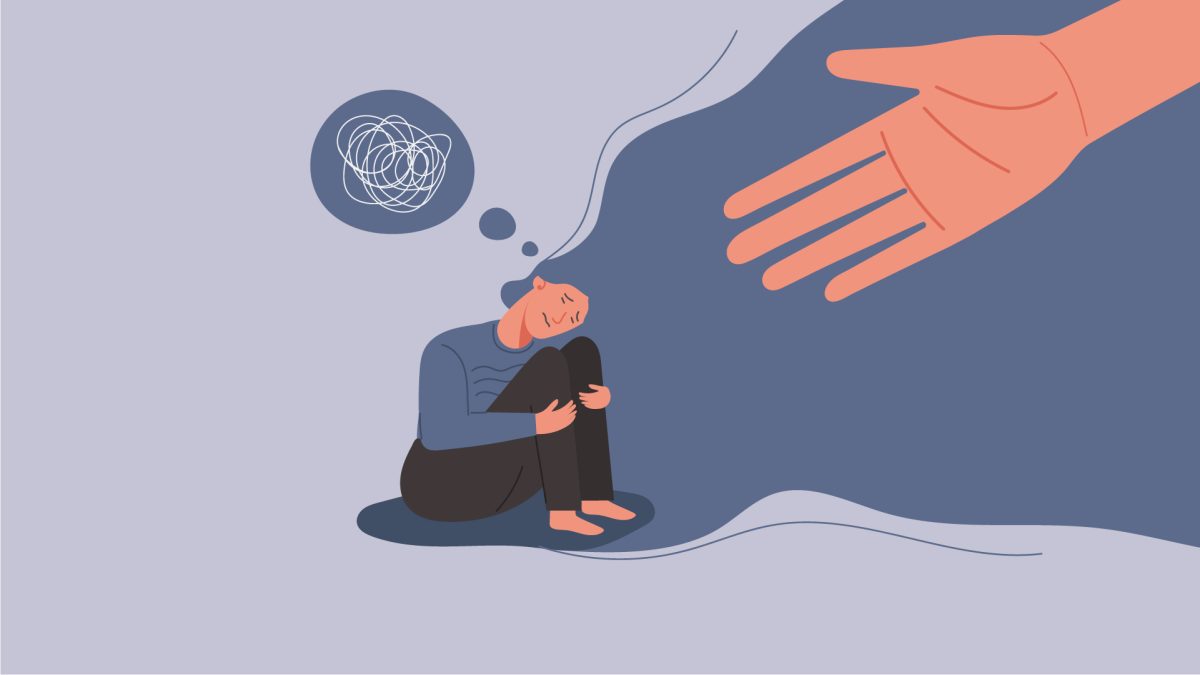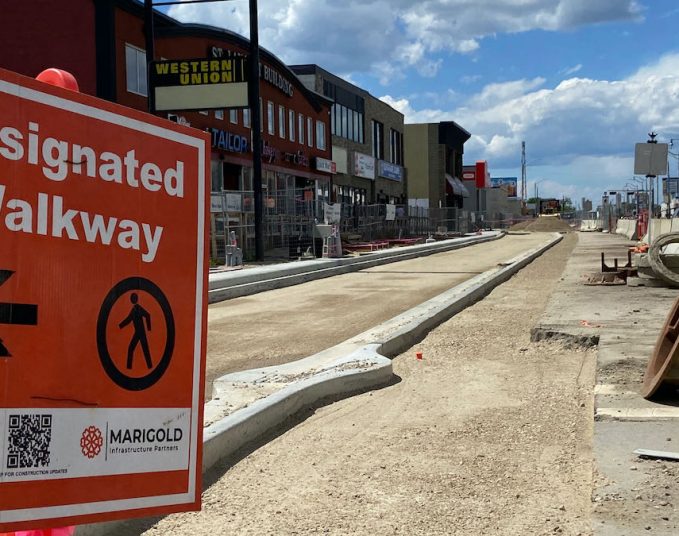Can you imagine the feeling of seeing things that aren’t there, hearing voices that try to bully you into harming yourself, or having the deep, terrifying feeling that everyone around you is conspiring to harm or kill you? Psychosis is a condition thousands of Albertans experience daily. This affliction can come along with other mental-health issues, including severe depression, bipolar disorder, schizophrenia or as the result of chronic substance abuse.
Psychosis most often begins in the teens to early 20s.
According to a 2021 study in the Canadian Journal of Psychiatry, approximately 1.5 million Canadians are affected by “schizophrenia and other psychotic disorders.” That’s more than the population of Metro Edmonton.
Behind the scenes, embedded in the Alberta Health Services system, is a clinic for young people aged 16-35 (and their families), who are affected by the early stages of psychosis. The early stages are a critical time to treat psychosis. This clinic, The Edmonton Early Psychosis Intervention Clinic (EEPIC), uses evidence-based services to treat clients before their illnesses tear their lives apart.
Located in downtown Edmonton, EEPIC has been around for two decades. The staff of the clinic forms a interdisciplinary team dedicated to treating young people with psychosis. The staff often leave the office to reach out to clients in the community. The team includes peer-support workers, mental-health therapists, psychiatrists, occupational therapists, social workers, addictions counsellors, nurses and a clinic supervisor.
So, how would you know that a person you care about needs treatment for psychosis?
“The person may experience a change in mood that is uncommon for them,” said Michaela Vermeulen, a registered psychiatric nurse with EEPIC. “They may struggle with relationships and isolate themselves, they may express grandiose ideas, react to external stimuli that no one else hears or sees, and they may also begin to neglect their basic hygiene.”
But, do you go straight to EEPIC? Like many other illnesses, the first step is with a family doctor.
“When someone begins to display these symptoms, the place to start is their GP (General Practitioner) and have them referred to EEPIC,” said Reshaw Pudel, the clinic supervisor. “They can also be referred by a school mental-health practitioner.”
Wait times to see a psychiatrist outside the clinic could take much longer, from six months to a year. Time is a critical factor. The longer a person has the illness without receiving treatment, the more severe the outcome. EEPIC’s goal is to reach clients as soon as possible. The way it does this is by partnering with AHS professionals such as addictions counsellors, school psychologists, social workers and general practitioners.
According to Pudel, “clients can stay under the EEPIC umbrella of services for up to three years, though some stay a little longer. During that time, clients can expect to utilize other services in the AHS system, receive education on psychosis, use services such as cognitive behavioural therapy groups, recreational activities, employment assistance and occupational therapy and, perhaps most critical, family support services.
And family members are a key part of the equation of helping young people with psychosis.
“We are just one chapter in the client’s life,” said Pudel. “The family is the whole book.”
From my experience working in the mental-health field, I have seen time and again that the people who end up with the best outcomes, who recover from devastating illnesses like schizophrenia, are the ones who have caregivers. These caregivers are almost always family members, but could also be staff members at EEPIC.
While EEPIC does not have stats when it comes to recovery rates, or the average time of recovery, Pudel said that “many people exit care, return to the lives they had before psychosis, can return to and complete school. Also, there is almost always a great improvement in their family relationships. Not everyone exits, but many do end up receiving a less intensive service.”
“Less intensive” services could mean clients who had severe mental illnesses but were treated in the community — and never had to face the challenges and stigma of being hospitalized for a mental-health concern or worse.
Treatment also saves money in the long run. According to the Centre for Addiction and Mental Health, the unemployment rate for people with severe mental illnesses is 70 to 90 per cent, and “the cost of a workplace disability leave for a mental illness is about double the cost of a leave due to a physical illness.”
For information about Edmonton Early Psychosis Intervention Clinic services, contact your general practitioner or EEPIC directly at 587-984-9244 or call 811 to speak to a health care professional.
Savvy AF. Blunt AF. Edmonton AF.




